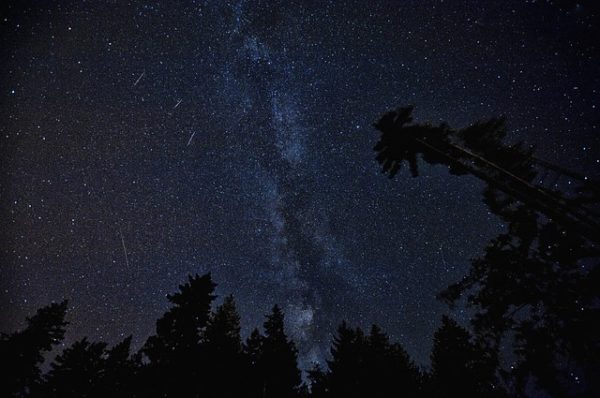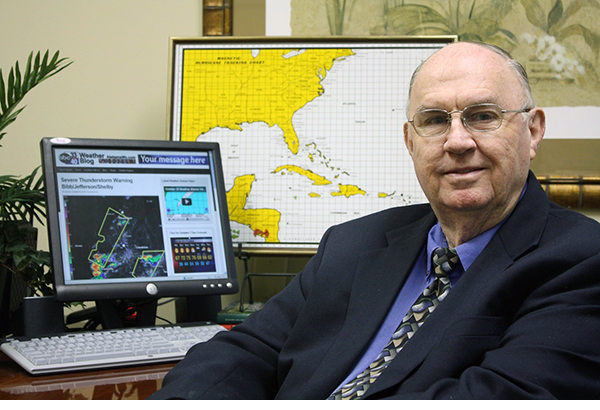Perseid Meteor Shower Peaks Saturday Morning
The total solar eclipse sweeping across the continental united states is just 2 weeks away but there is some more excitement in the sky this week.
The Perseid meteor shower is underway now. There are 10 meteor showers of variety rates active this week. Most produce only 1 or two meteors per hour under the best conditions, away from light pollution. But the Perseids will be the stars of the show this coming weekend, no pun intended.
Each year, the Earth passes through dust particles from the tail of comet Swift-Tuttle, those particles burn up in the atmosphere at about 37 miles per second, a brilliant flash of light is created. As Earth passes into the denser portion of the trail of dust particles, meteoric activity increases.
This will happen the evening of Friday, Aug 11 into the morning of Aug 12. The best time to view is about 6:00 am Saturday morning. Look to the darkest part of you sky for best results.
You may have seen claims in social media that this year’s Perseids are expected to be the brightest shower in recorded human history, with meteors visible even in daylight. While rates of up to 150 meteors per hour are expected which is higher than normal, the waning gibbous moon will be around 75% illuminated, making seeing those extra, faint meteors a challenge. No one is really sure where these claims came from, but they are false. NASA’s Meteoroid Environment Office in Huntsville issued a press release stating “We wish this were true… but no such thing is going to happen.”
Monday, Aug 7, there is a partial lunar eclipse occurring but it will only be visible from parts of Europe, Africa, Asia, and Austrailia. The next lunar eclipse visible from North America will be Jan 31, 2018. While all of the continental US see some of the eclipse, it will be best viewed from the west coast.
Also tonight, the moon is full. Lunar eclipses can only happen during a full moon. The Moon reached its maximum illumination at 12:10 pm central. Two weeks from now, the moon will have finished its lunation cycle and returned to a new moon. Solar eclipses can only occur on a new moon.
Category: ALL POSTS, Spacey Stuff
















